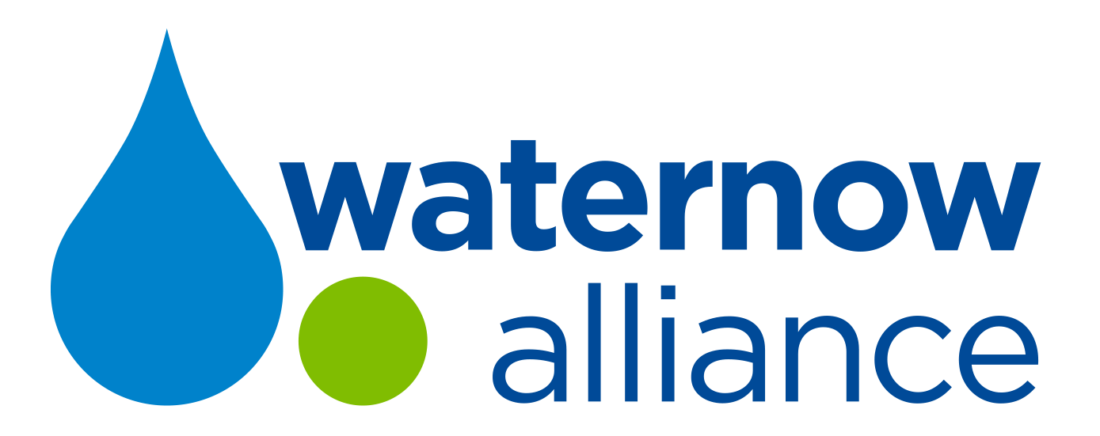Seattle, Washington—a seaport city—located on the isthmus between Puget Sound and Lake Washington covers 83.9 mostly hilly square miles. The Kitsap and the Olympic peninsulas along with the Olympic mountains lie to the west, while the Cascade Range and Lake Sammamish lie to the east.
In 1992, Seattle experienced a significant drought causing its drinking water demand to nearly meet its available supplies. Apart from its need to address dwindling drinking water supplies, Seattle Public Utilities (SPU) and King County are working to manage urban storm water runoff into Puget Sound and overflows from areas of the City with combined sewer systems. Stormwater runoff and combined sewer overflows are a significant source of surface water pollution. To meet these challenges, SPU deploys localized strategies.
Throughout the 1980s, SPU began its water efficiency programs. Initially these programs were focused on education and outreach. Later, after the utility took a hard look at the financial costs and benefits of procuring new water supplies versus delaying those investments through conservation, they included rebates for water efficient fixtures and appliances. Nearly a decade later, in 1993, it became SPU’s official policy that conservation was the preferred source of supply. Today, SPU prioritizes numerous conservation and efficiency strategies, including residential, commercial, industrial, and institutional rebates, a direct installation program for low-income customers, and educational programs on leaks, outdoor irrigation, and rain water capture.
On the stormwater side, SPU and King County have developed the RainWise rebate program that helps eligible property owners manage stormwater onsite by installing rain gardens and/or cisterns on private property, and disconnecting their roof downspouts from the sewer system if necessary. About 50,000 properties in target basins in Seattle are eligible to participate. Rebates can be up to $4.00 per square foot of rooftop runoff controlled by the rain garden and/or cistern, and have averaged $4,800 per property covering 90% of the project.
A unique aspect of SPU’s conservation and green infrastructure rebate programs is how the utility pays for them. SPU capitalizes its rebates as “regulatory assets” and uses its municipal bond proceeds to finance these programs as it would other more traditional infrastructure investments. This has allowed SPU to invest millions of dollars towards using water more efficiently and managing stormwater onsite. For example, in 2019 alone, SPU’s conservation budget was $1.7 million and its RainWise rebate budget was $1.1 million.
 Since Seattle has made these significant capital investments in decentralized strategies as integral parts of its drinking water and stormwater management over past decades, the City has seen multiple environmental, economic, and social benefits. On average approximately 800 customers receive a rebate through the region-wide program in which SPU participates annually. And SPU provides its income-qualified Seattle customers an average of 400 water efficient toilets a year, or about 6,800 free toilets since the program began in 2001.SPU’s conservation program, together with the utility’s efforts to eliminate system leaks and a new plumbing code, have resulted in a decline in regional water consumption by about 50 million gallons per day since 1990, or 28%, while population has increased 28%. To date, 1,600 RainWise projects have been installed, 41 “big roof” projects have been completed, 2.17 million square feet (50 acres) of roof area has been captured by rain gardens or cisterns and removed from the sewer system.
Since Seattle has made these significant capital investments in decentralized strategies as integral parts of its drinking water and stormwater management over past decades, the City has seen multiple environmental, economic, and social benefits. On average approximately 800 customers receive a rebate through the region-wide program in which SPU participates annually. And SPU provides its income-qualified Seattle customers an average of 400 water efficient toilets a year, or about 6,800 free toilets since the program began in 2001.SPU’s conservation program, together with the utility’s efforts to eliminate system leaks and a new plumbing code, have resulted in a decline in regional water consumption by about 50 million gallons per day since 1990, or 28%, while population has increased 28%. To date, 1,600 RainWise projects have been installed, 41 “big roof” projects have been completed, 2.17 million square feet (50 acres) of roof area has been captured by rain gardens or cisterns and removed from the sewer system.
From Seattle, Washington, to San Antonio, Texas, as part of WaterNow’s Tap into Resilience initiative, WaterNow has interviewed over a dozen city and utility leaders already tapping into localized water strategies for fast, affordable, and impactful solutions to their water challenges. More details on Seattle’s Tap into Resilience case study are available on WaterNow’s campaign website here. And we hope you will join us at our Tap into Resilience Summit in Philadelphia on April 15-16, 2020, to learn more about localized water solutions and connect with other water leaders from across the nation.

